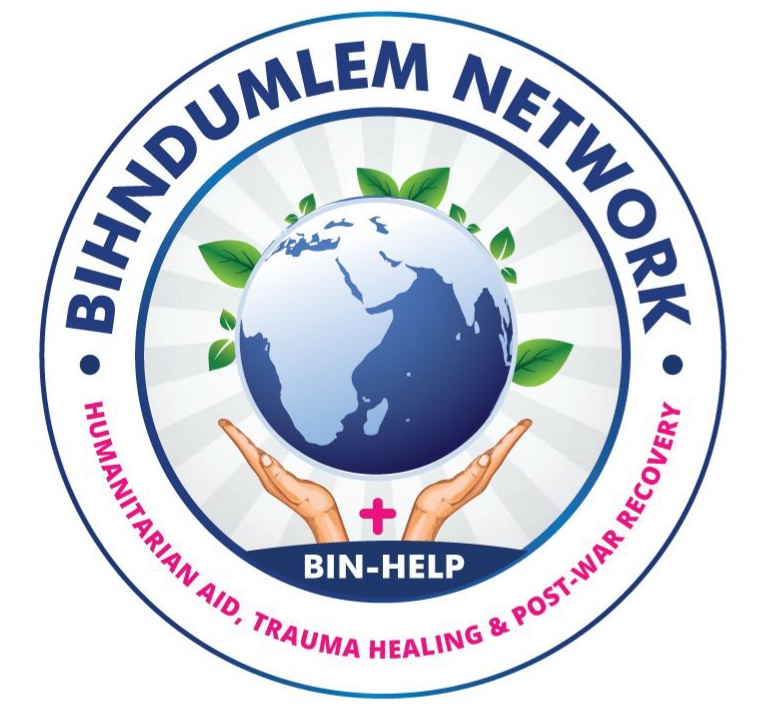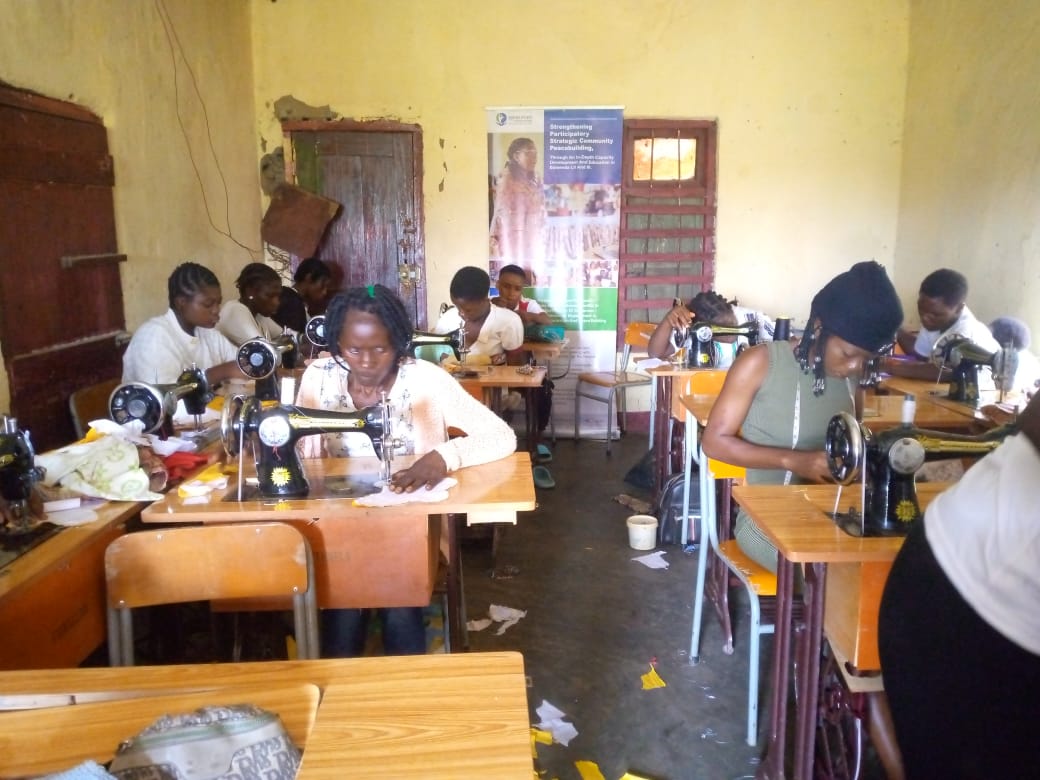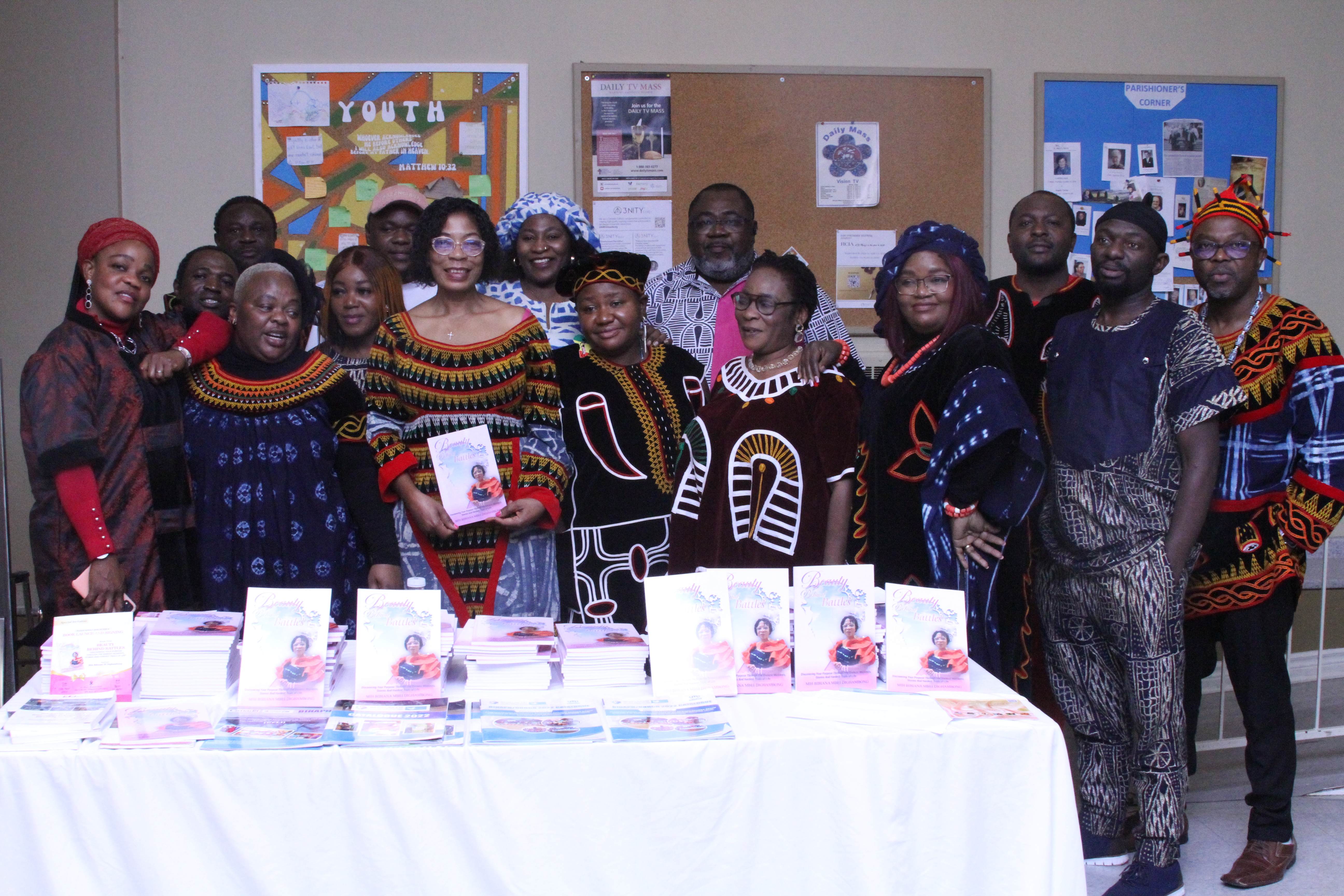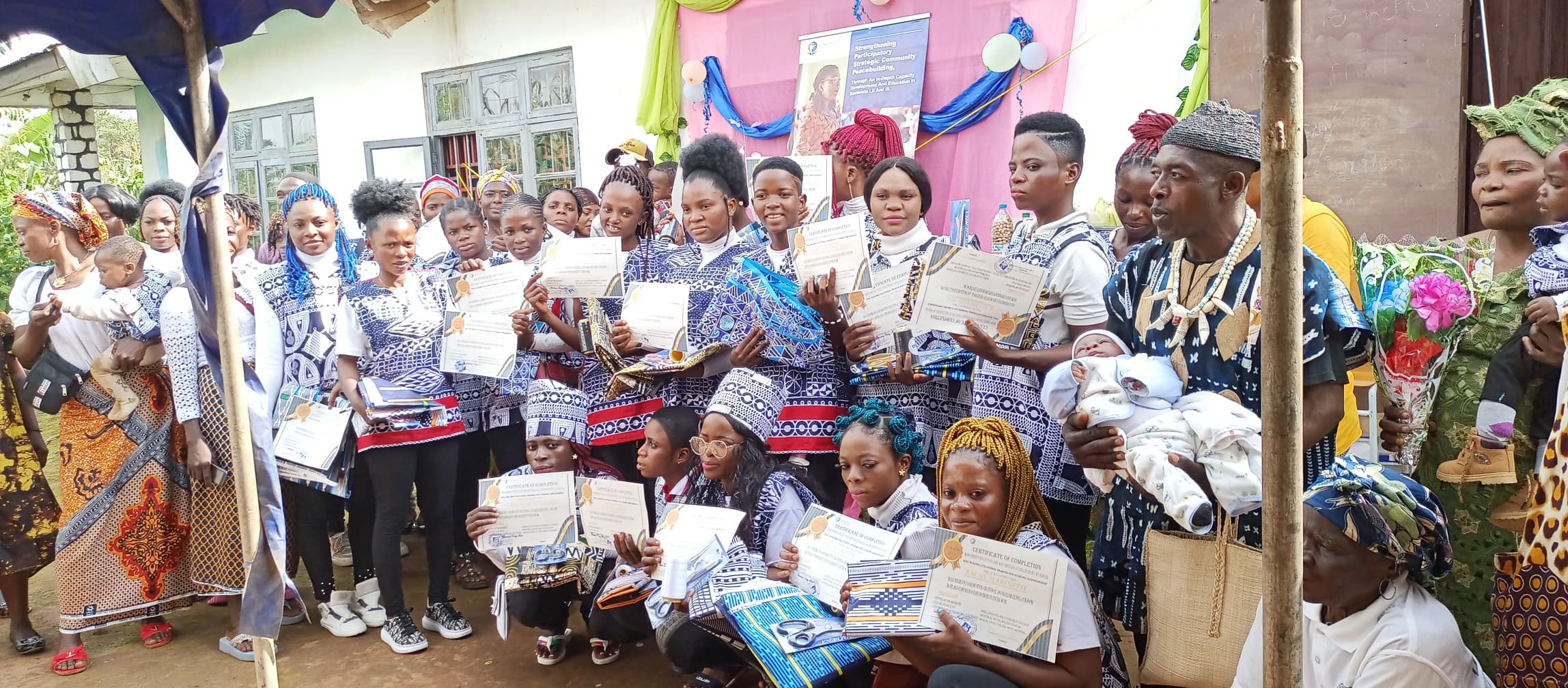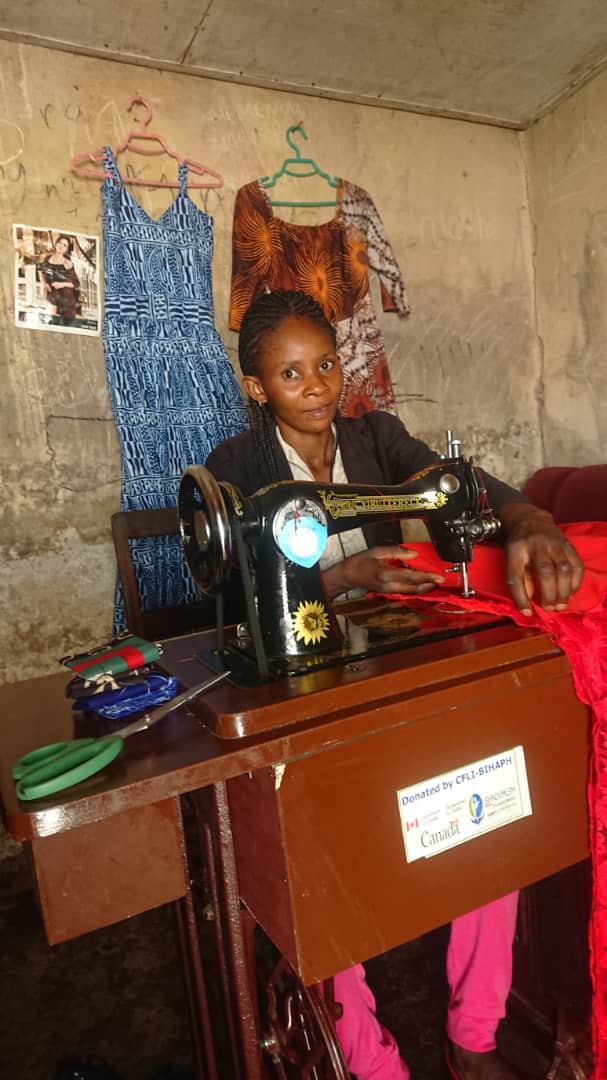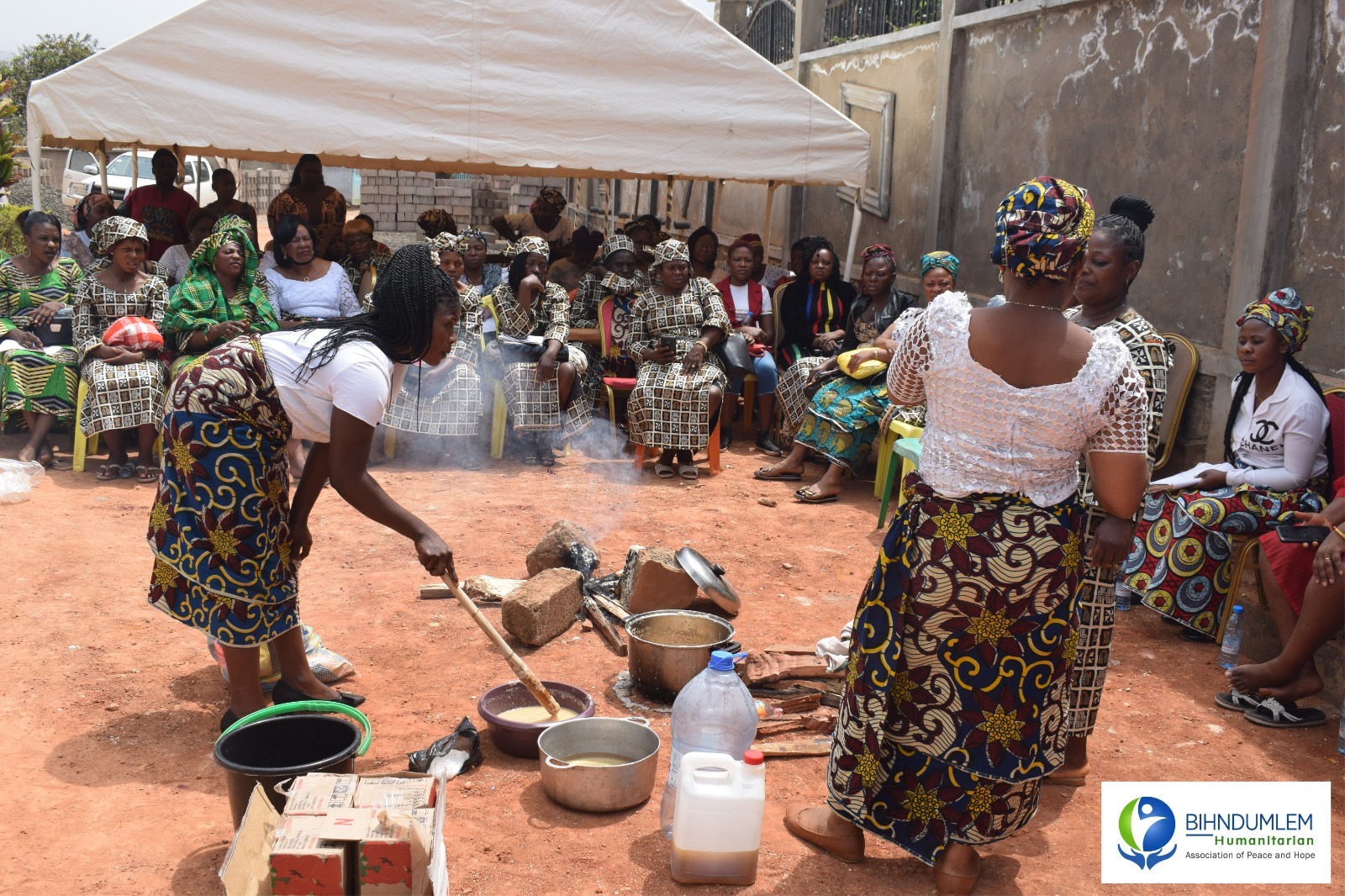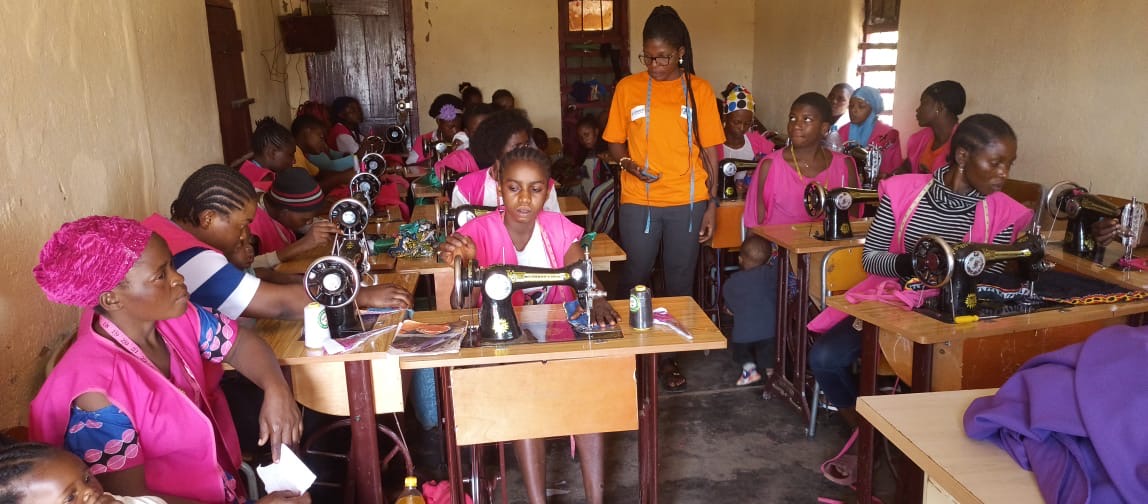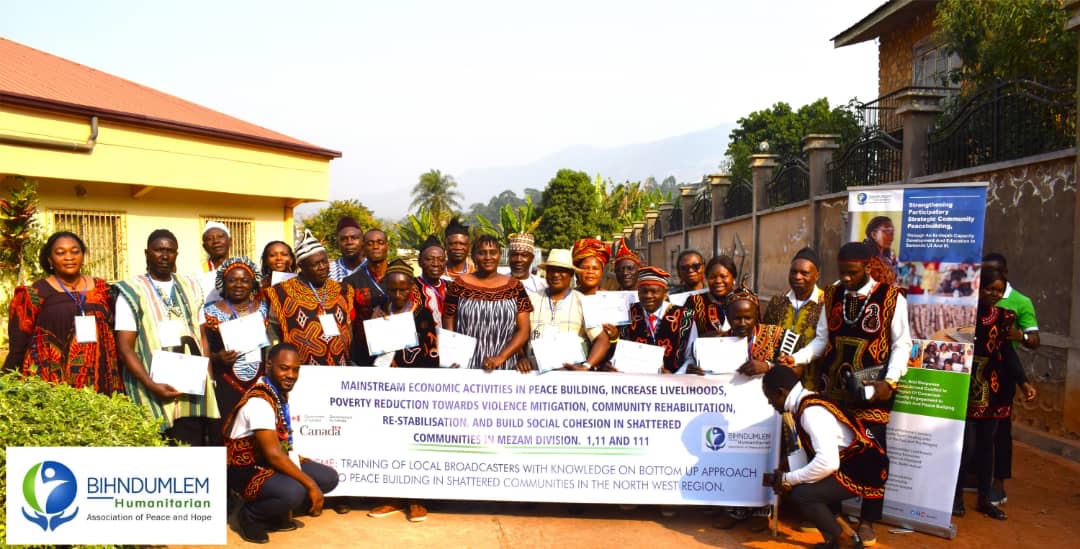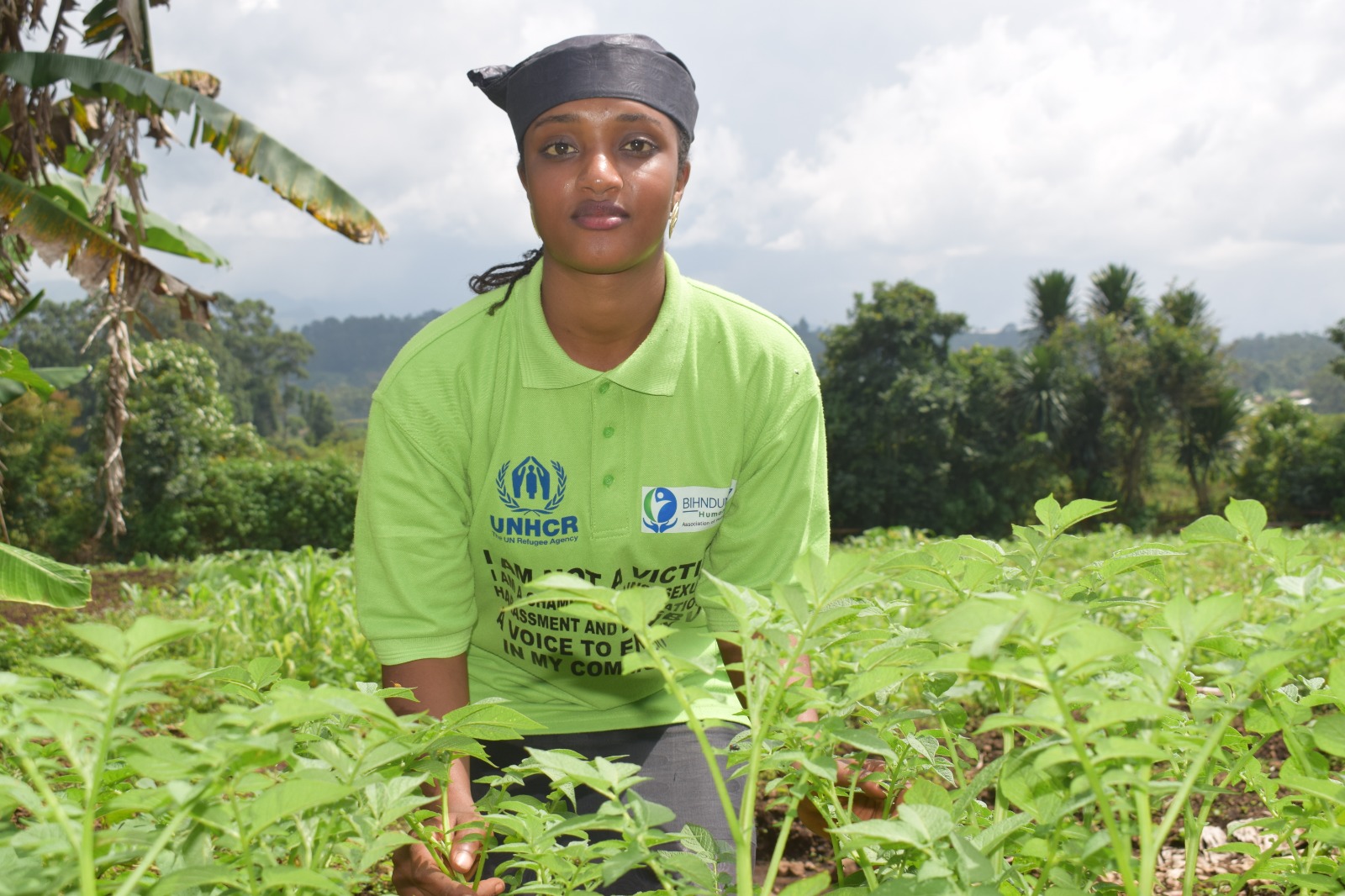BIHAPH has once more demostrated her commitment in community building and sustainabilty. In spite the increase vulnerabilities, lack of funding and precarious humanitarian crisis. BIHAPH is at the frontline to responding to the needs of the most vulnerable and in hard to reach communities.
Our proven solutions save the lives of women, girls, youths and malnourished children and their families affected by wars, humanitarian crisis and other social hazards. Together, we can end the sufferings of our most vulnerable communities. Join our fight to save lives, empower communities, and bring positive change to millions of families in poor rural communities.Join the the team dedicated to HUMAN CHANGE AND TRANSFORMATION SOLUTION BASED APPROACH
Your donation will help save the lives of women, girls, children and their families.
Your donation will help save the lives and build shattered communities, restore hope and dignity lost due to precarious wars and conflict.
